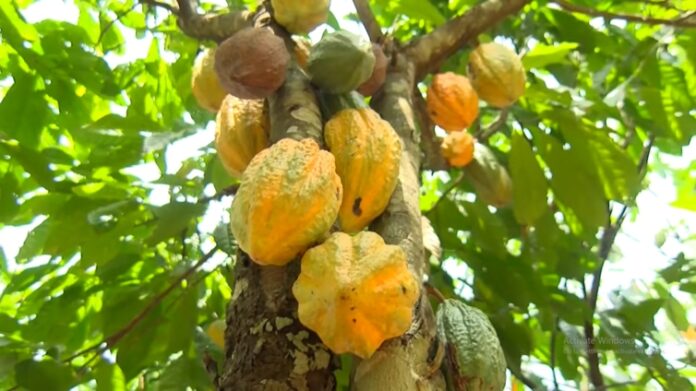Ghana’s cocoa regulator will borrow up to $1.5 billion by September to finance 2024/25 cocoa purchases and compensate for low output, two COCOBOD sources with knowledge of the arrangement said on Sunday.
The world’s second-largest cocoa producer after neighbouring Ivory Coast uses an annual syndicated loan to finance bean purchases from farmers. It is usually agreed at the start of the season in September.
But this year’s $800 million loan faced delays due to low cocoa output so far this season.
COCOBOD has since withdrawn $600 million and cancelled the remainder as the season’s cocoa output is seen almost 40% below forecast – unable to guarantee the full loan.
“A request for proposal sent to banks indicates COCOBOD will borrow up to $1.5 billion next season. It is understood the banks are sizing it and together (with COCOBOD), they will decide an optimal amount,” said one COCOBOD source.
A second COCOBOD source said they were confident the syndication would go through.
At least one international bank has been to Ghana to inspect cocoa farms before deciding on the offer, while another is scheduled to visit next month, the same source said.
Production is expected to recover to 810,000 metric tons next season, the sources said, asking not to be named because they have not been allowed to speak to media.
COCOBOD did not respond to a request for comment.
Ghana’s cocoa production has been affected by adverse weather, disease and cocoa smuggling. It is expected to be almost 40% below target in the 2023/24 season, according to COCOBOD.
The sector regulator said it lost about 150,000 tons of cocoa beans to smuggling and illegal gold mining known locally as galamsey in the 2022/23 season.
It expects even greater losses this season as a global rise in cocoa prices is an incentive for more smuggling.
Swollen shoot virus wiped out around 590,000 hectares of farmland between 2018 and 2024, according to COCOBOD.
One source said they were confident Ghana would still meet next season’s target of 810,000 tons as the weather is expected to improve, and rehabilitated cocoa farms will boost output.








